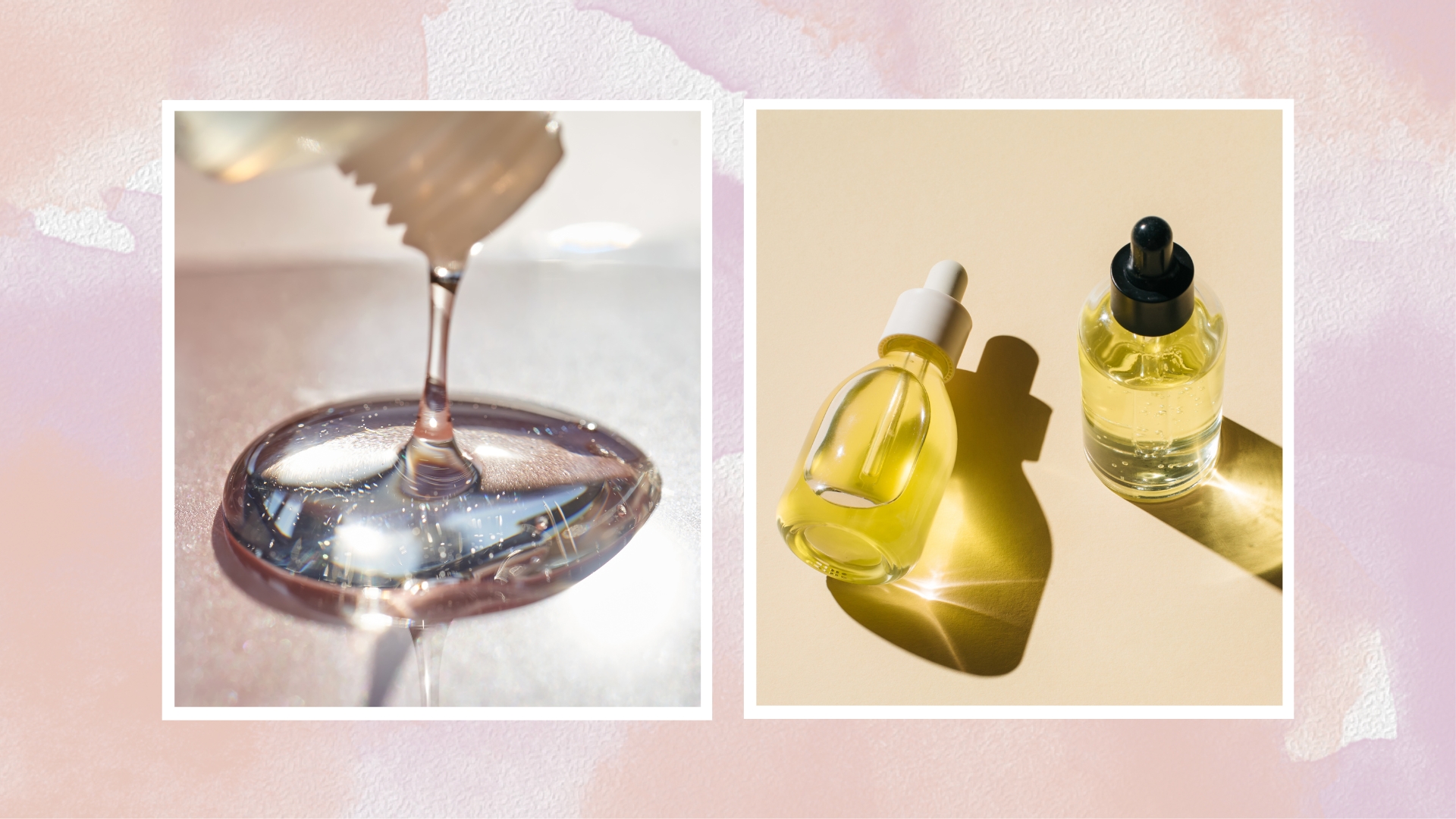
Niacinamide and hyaluronic acid are among the most popular ingredients on the market but how do you incorporate them into your skincare routine - and can they even be used in tandem?
When it comes to building your skincare routine, the list of powerhouse ingredients can feel a little overwhelming, making it all the more tempting to just cram in as many endless skincare combinations as you can - in the hopes that something sticks. But, that way trouble lies as overloading your skin with potent products can lead to irritation. To really reap the rewards, understanding your skin's needs and what each skincare hero does is key.
And, if hydration and clearer-looking skin are your goals, there are two ingredients, in particular, you need to get acquainted with. Both niacinamide and hyaluronic acid can help all skin types and are heralded for their nourishing properties but do we need both in our arsenals? We spoke to Aesthetic Doctor, Dr Paris Acharya to get her expert take on the niacinamide vs hyaluronic acid debate...
Understanding Niacinamide and hyaluronic acid
As far as both of these ingredients are concerned, there's certainly no shortage of product options, whether you're seeking the best hyaluronic acid serums or a niacinamide-infused moisturiser. But no amount of these lotions and potions is going to make a difference to our skin if we're using them incorrectly.
So, we've quizzed Dr Paris on all the intricacies of hyaluronic acid and niacinamide, starting with what, exactly they are...
What are niacinamide and hyaluronic acid?
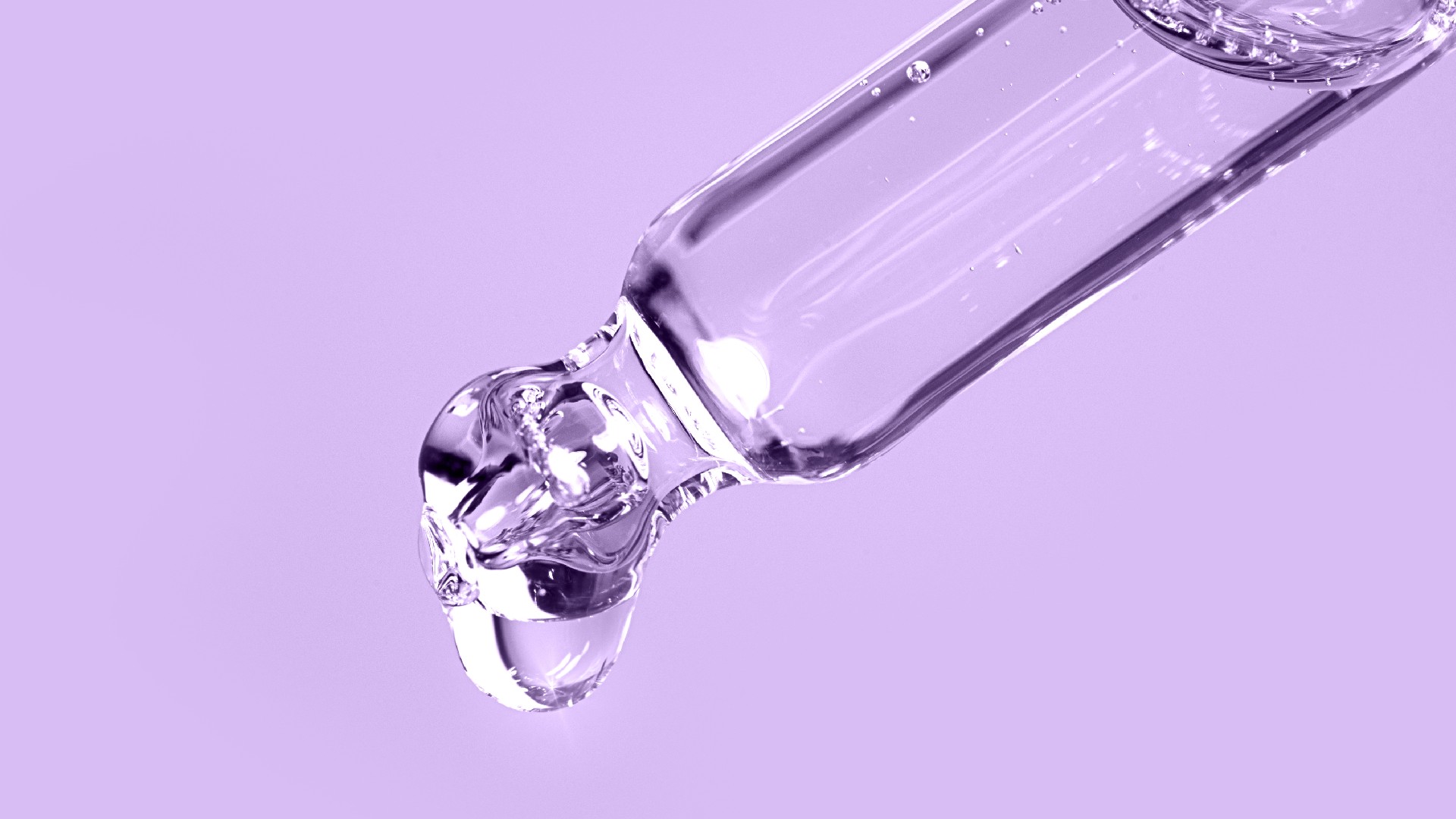
As mentioned, both are popular skincare favourites that can be found in a range of formulas - from creams to face washes - and are known to offer hydration but there's a bit more to them than that. As Dr Paris explains:
- Niacinamide: "Is a form of Vitamin B3. It's a great all-rounder with powerful antioxidant, anti-inflammatory, and anti-pigmentation properties."
- Hyaluronic acid: "A sugar molecule or glycosaminoglycan that is naturally abundant in the body, found in skin, joints, and connective tissue."
What are the benefits of each?
Their benefits also differ, as Dr Paris notes niacinamide, "protects against DNA damage, increases the skin's immune function as well as hydrating, and strengthens the skin barrier. It can help improve redness, as well as regulate oil production."
Meanwhile, hyaluronic acid, "is a powerful hydrator and has the ability to hold 1000 times its own weight in water molecules. Besides its humectant abilities, it also has natural antimicrobial, antioxidant, wound healing, and anti-inflammatory properties."
Differences between niacinamide vs hyaluronic acid
Admittedly on paper, both do seem quite similar – both help hydrate, are antioxidants, and have anti-inflammatory properties, but they are quite different. If we're just talking about the top-line benefits in this niacinamide vs hyaluronic acid (HA) debate, the former is an oil regulator that can help with redness, whereas HA is more about hydration.
Dr. Paris agrees, "They are really different - primarily as niacinamide is a form of vitamin B3 and the other hyaluronic acid is a sugar molecule," she says. "HA is a powerful hydrator whereas niacinamide is more of an antioxidant with added hydrating properties."
What are downsides to niacinamide and hyaluronic acid?
When it comes to these all-singing, all-dancing wonder ingredients, it may seem that there are no drawbacks, but that's not always the case. Both have potential disadvantages, especially if your skin doesn't react well to them.
Dr Paris explains that niacinamide: "Can sometimes cause some skin irritation with itching and redness – especially for those with a predisposition to allergic skin reactions."
Application is key when it comes to hyaluronic acid: "If applied to exceptionally dry skin, it may draw water from the deeper layers leaving the skin feeling tighter and parched," says Dr Paris before adding, "Always apply your best hyaluronic acid products to damp skin, to prevent this from happening."
- Niacinamide: can cause irritation and redness
- Hyaluronic acid: must be applied to damp skin
How to use both ingredients, individually
In our experience, the best way to get the benefits from any hardworking ingredient is to use it in the form of a serum, either during the day, in your best night serums – or often both. Light, water-based formulas will sink deeper into the skin, getting to work more quickly and efficiently.
The bonus of both niacinamide and hyaluronic acid is that they also work quite well in other forms, like your best face moisturizers. We can never get enough hyaluronic acid into our skin, and it's included in all sorts of products, in skincare as well as body treatments and makeup – there's not really a product that it won't work well in. Hence why hyaluronic acid stacking (layering multiple HA-infused products together) is also a popular technique for those seeking to maximise the benefits.
Niacinamide works especially well in a serum or moisturizer, but we're noticing a trend of it popping up in other places, like the best facial sunscreens and even primers and foundations. Be wary of the ingredient percentages in these products – a lot of brands are guilty of chucking minuscule concentrations of trending ingredients into formulas just for the hype factor. A minimum of 4% makes it worthy of a shoutout, we'd say.
Can you use hyaluronic acid and niacinamide together?
You can. Because they're not too irritating or clashing, you can use both niacinamide and hyaluronic acid at the same time. In truth, they're often found in products together, putting this niacinamide vs hyaluronic acid contest into a nice, harmonious swing.
Dr Paris agrees. "You can absolutely combine the two, they will synergistically complement each other and many products do actually combine them for best results," she enthuses. "When combined, niacinamide and hyaluronic acid help strengthen barrier function, hydrate and brighten for optimal skin health." It sounds like a win all-round.
Is niacinamide or hyaluronic acid better for oily skin?
If prioritizing skincare for oily skin is important to you, there is one ingredient that comes up top. "Niacinamide is definitely better for oily skin," says Dr. Paris. "I recommend this ingredient instead of vitamin-based antioxidants for oil-prone skin types." If you find that even the best vitamin C serums break you out, consider swapping Vit C for Vit B3 – your skin may prefer niacinamide instead.
Our niacinamide and hyaluronic acid picks
If you're keen to add these two powerhouse ingredients but want to maintain a minimalistic routine, here are three products that feature both in their formulas...
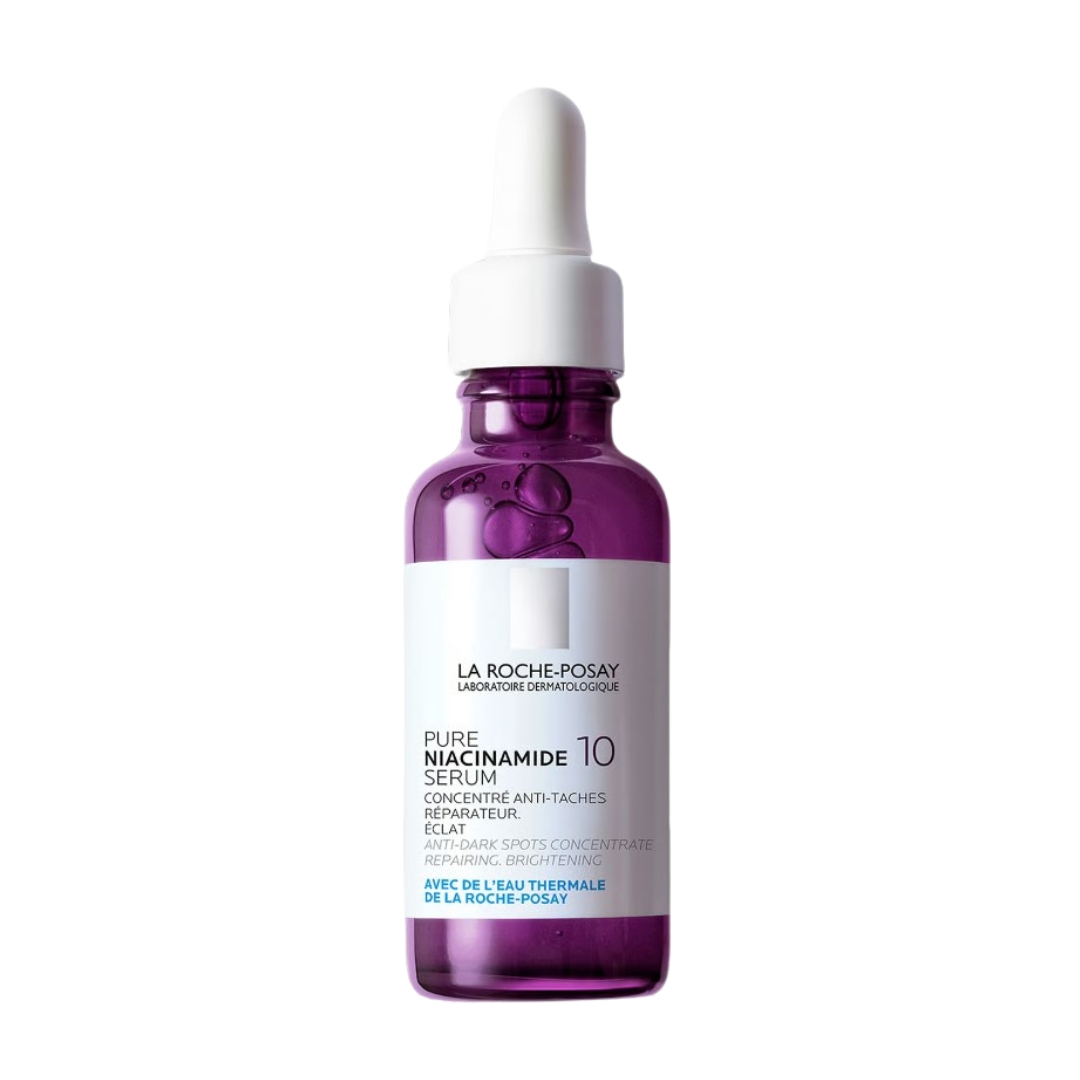
RRP: £48
Up there with the best La Roche-Posay products, this concentrated serum features niacinamide and hyaluronic acid to help repair the skin's barrier, whilst reducing the appearance of pores and blemishes, reducing redness to leaving your complexion brighter and more even. It's also suitable for sensitive skin and Dermatologically tested.
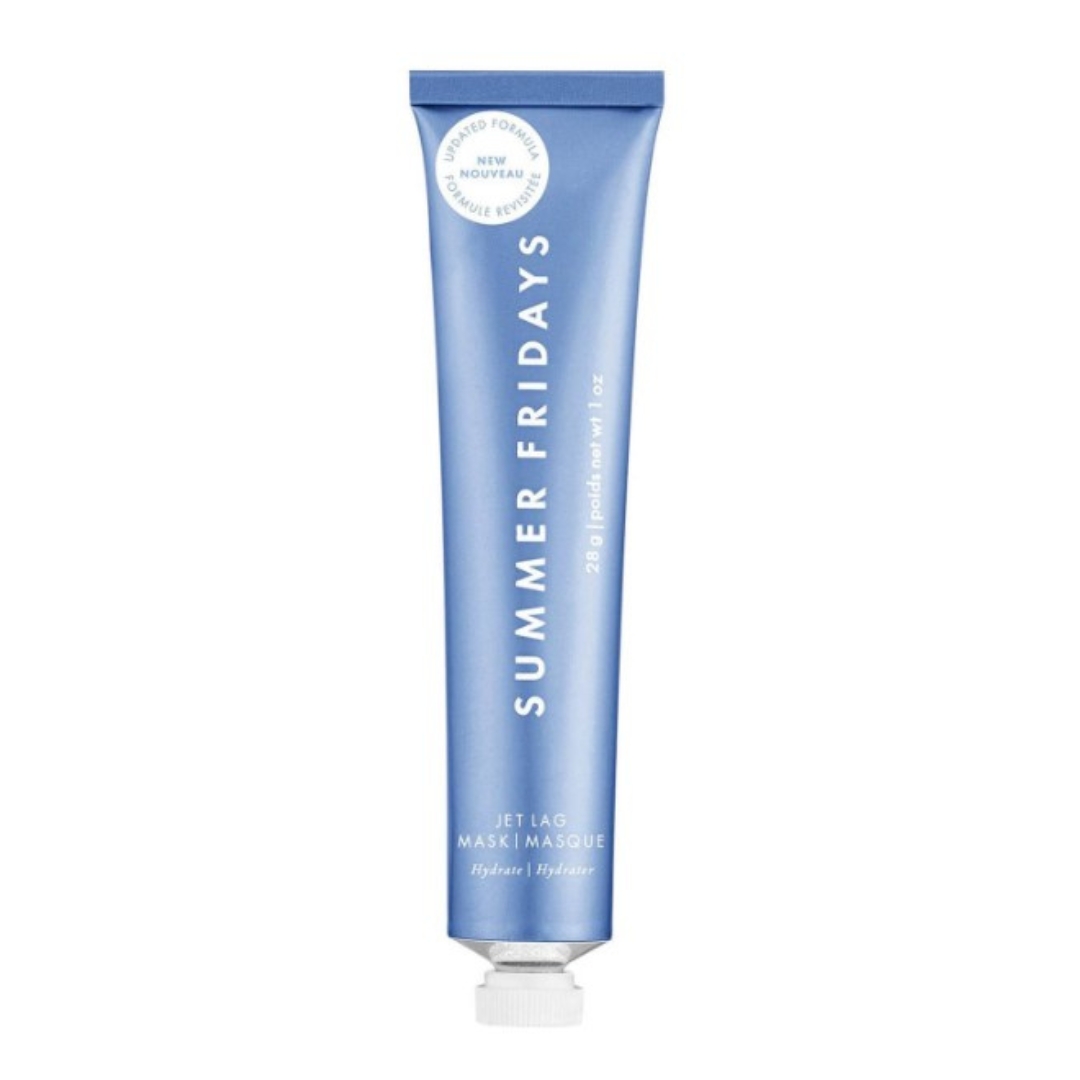
RRP: From £26
This mask is a true saviour for tired and dehydrated skin. It's formula boasts soothing ingredients like vitamin B5 and nourishing ceramides, while hyaluronic acid works to draw in moisture and niacinamide reduces the appearance of pores and blemishes - giving your complexion and all-rounded treatment.
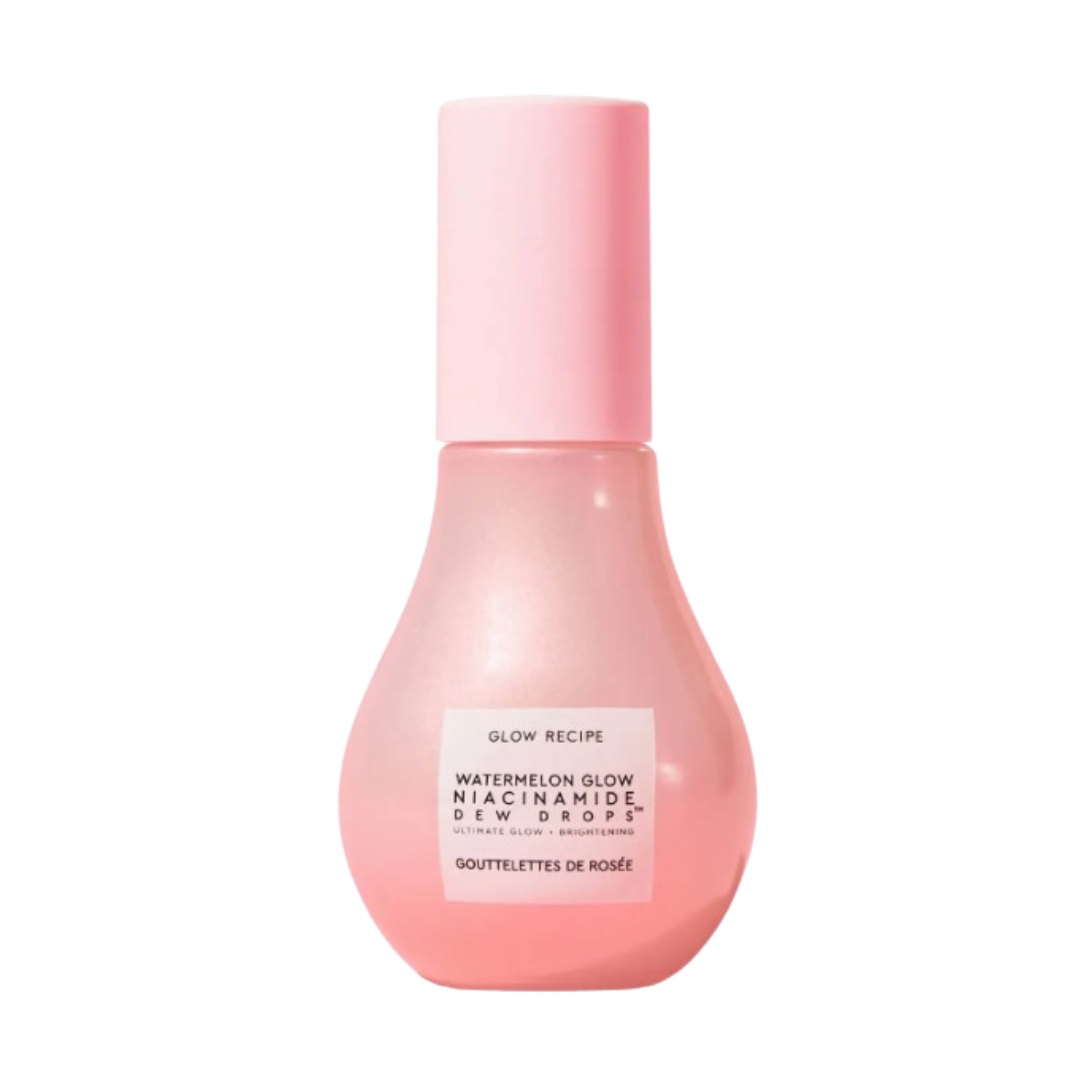
RRP: £33
For those looking to really streamline their overall beauty routine, these serum drops are equal parts skincare and makeup. You can apply them before your moisturiser, to create a dewy base or combine them with your best foundations for a radiant application - you can even add them to the high points of your face (post makeup), for a glass-like gleam.
Niacinamide and hyaluronic acid: our beauty editor’s verdict
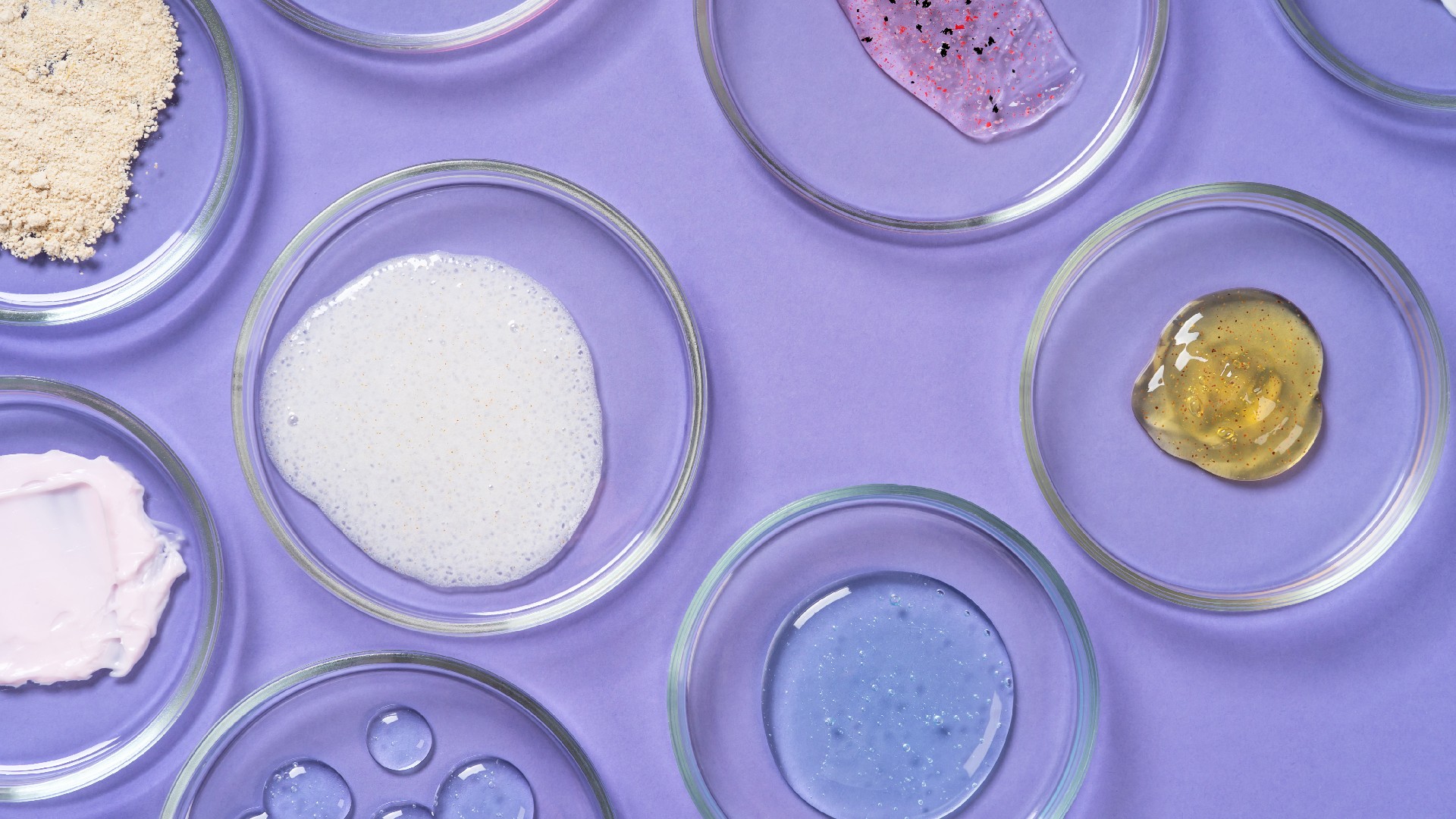
I'm a big fan of both ingredients, so I was really curious to see which would come our on top in this niacinamide vs hyaluronic acid debate. Having spoken to Dr. Paris, I think we can agree that they both have equal benefits within their different uses.
Hyaluronic acid is the superior pick for hydration, impressively quenching thirsty skin. It gets to work quickly and makes a noticeable difference within hours of use. Niacinamide is better for oily skin, helping to regulate oil production and soothe inflammation caused by blemishes and breakouts.
If I had to pick just one, I'd go for HA, purely because my skin errs on the dehydrated side, no matter how many gallons of water I chug. I'll definitely continue to use niacinamide when I have any acne flare-ups, helping to calm any inflammation or sore patches. There's a space for both in any skincare routine, so you can absolutely harmoniously use these ingredients together without having to pick a favorite.







